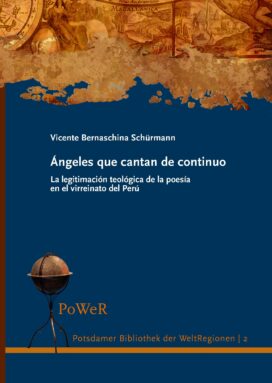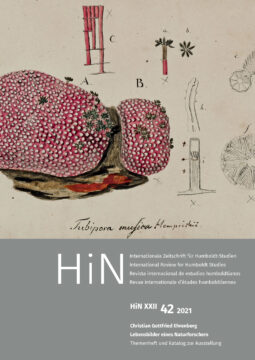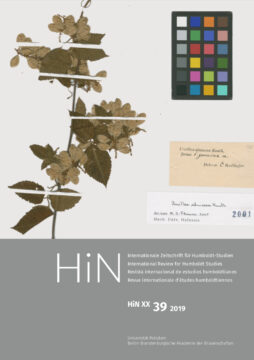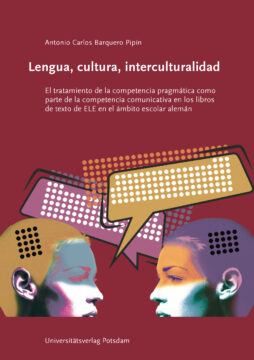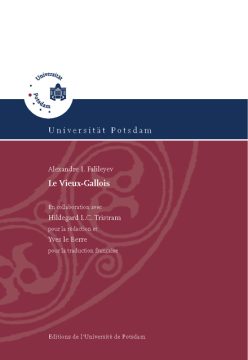The subject of this study is the rise and fall of the theological legitimation of poetry that took place in the Viceroyalty of Peru from the end of the 16th century and during the 17th century. The peak of this process of legitimation lies in the emergence of an “Academia Antártica” (Antarctic Academy) in the first decades of the 17th century. Its end, in turn, began in the second half of the same century, when scholars of religious orders, especially Juan de Espinosa Medrano and his texts defending poetry and science, denied secular poetry any theological power but used it instead for their own sermons and texts. Starting from the rise and fall of the theological legitimation in the Viceroyalty of Peru, this study shows the existence of two movements that form a chiasmus of a theologization of poetry and a poeticization of theology, at the centre of which the theoretical and practical knowledge of poetry is disputed. In this sense, there is no dispute about poetry, understood as the culmination of beautiful literature, but about the legitimate possession of an analogical and typological mode to read the order of the universe, founded in the Holy Scriptures and in the history of salvation, and a poetic way of indoctrinating all members of the vice-royal society in accordance with that reading.
gestellt an Dr. Vicente Bernaschina Schürmann

